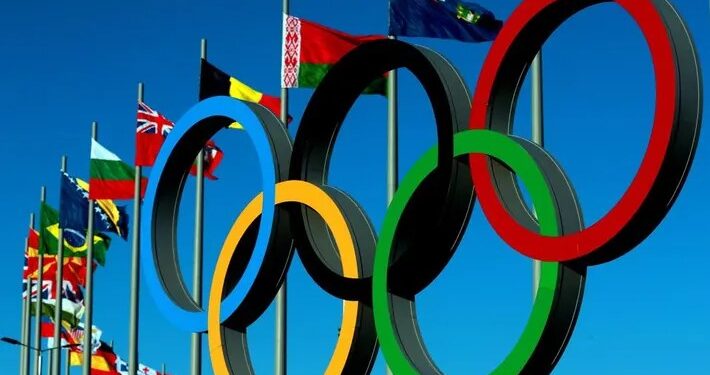The modern Olympic Games burst back to life in Athens, Greece, in April 1896, marking the rebirth of an ancient tradition that had lain dormant for nearly 1,500 years. This momentous revival, known as the Games of the I Olympiad, transformed what had been a distant classical memory into what would become the world’s premier sporting event.
French educator Baron Pierre de Coubertin was the visionary behind this renaissance. Inspired by the excavation of ancient Olympia and driven by his belief in sport’s power to foster international goodwill, Coubertin established the International Olympic Committee in 1894 with the express purpose of reviving the Games. Athens was selected as the inaugural host, creating a symbolic bridge between the ancient and modern Olympics.
The 1896 Games were modest by today’s standards but revolutionary for their time. From April 6-15, approximately 280 athletes—all men—from 14 nations competed in 43 events across nine sports: athletics, cycling, fencing, gymnastics, shooting, swimming, tennis, weightlifting, and wrestling. The competitions took place in venues including the magnificently restored Panathenaic Stadium, which had hosted ancient athletic contests.
American James Connolly made history by winning the triple jump, becoming the first Olympic champion in more than a millennium. Greek athlete Spyridon Louis captivated the host nation by winning the marathon, a race specially created for these Games to commemorate the legendary run of Pheidippides from Marathon to Athens.
Despite limited international media coverage and the absence of many elite athletes who couldn’t afford the journey, the Athens Olympics succeeded beyond expectations. King George I of Greece, initially skeptical of hosting, became an enthusiastic supporter after witnessing the Games’ popularity among his citizens. The closing ceremony featured enthusiastic crowds chanting “Long live the Greeks!” and “Long live the foreigners!”
The revival faced numerous challenges—financial constraints, rudimentary facilities, and the logistical difficulties of international competition in an era before commercial air travel. Yet these inaugural modern Games laid the groundwork for an institution that would grow to unprecedented global significance.
The 1896 Olympics rekindled an ancient flame that continues to burn brightly today, establishing the quadrennial tradition that—despite interruptions for world wars and pandemics—has endured as a celebration of human athletic achievement and international cooperation for nearly 130 years.
newshub



Recent Comments